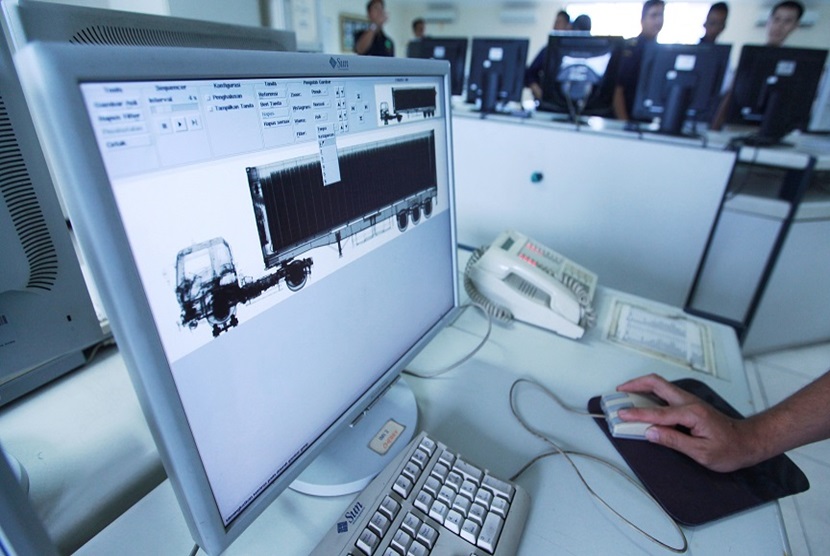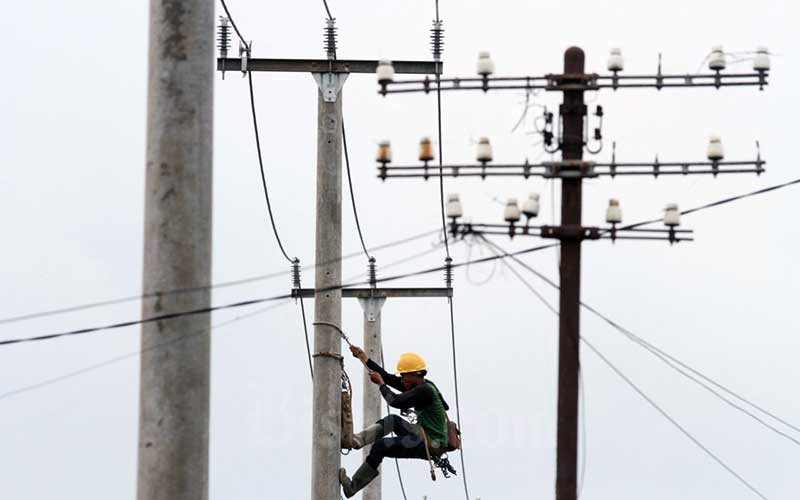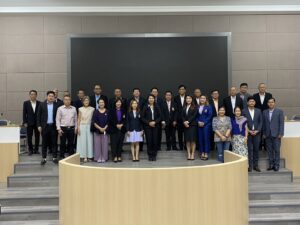[ad_1]
An increasing number of female farmers in North Korea are unable to work due to health problems, Daily NK has learned.
“When a farm in Pyongwon County checked its attendance records at the end of March, it found that the attendance rate of female farmworkers was worse than before the pandemic. The most common reason for not coming to work is illness,” a source in South Pyongan Province told Daily NK on Tuesday, speaking on condition of anonymity.
According to the source, women on the farm often skip work because of physical ailments such as diarrhea, colds, tuberculosis, arthritis, back pain and hepatitis.
“Women on farms do more physical labor than women in the city. In fact, women make up 90% of the people doing physical labor on farms,” the source said.
According to a paper titled “Marketization of the North Korean Agricultural Sector: Collective Farms and Markets” in the October 2019 issue of the Review of the North Korean Economy, which is published by the Korea Development Institute, there are few able-bodied North Korean farm workers, and the farm labor force is largely made up of women and the elderly.
Men are typically responsible for technical jobs on farms, such as handling machinery and equipment, which means that women are responsible for most of the physical labor, the source said.
But these women are expected to do housework as well as farm work, which puts a heavy strain on their bodies.
“Here [in North Korea], both childcare and housework are treated as women’s work, which means that women farmers have to work on the farm during the day and at home at night. Because women have to work day and night without a break, they suffer from many physical ailments,” the source said.
Farmers’ poor health hurts government’s plans for improving agricultural productivity
In addition to excessive physical labor and fatigue, these women suffer from malnutrition, making them susceptible to various diseases, the source said.
According to a report titled “A Global Nutrition Crisis in Adolescent Girls and Women,” released last year by the United Nations Children’s Fund, 34% of North Korean women of childbearing age (15-49) suffer from anemia. This was twice the percentage of anemic South Korean women in the same age group.
“The inability of female farmers to work on farms due to poor health is also becoming a social problem,” the source said.
“Given that women make up the majority of farm workers, the continued decline in their participation rate is seen as a serious obstacle to achieving the government’s policy goal of improving agricultural productivity,” the source explained.
During the Fourth Plenary Session of the Eighth Central Committee of the Workers’ Party of Korea in late 2021, North Korean leader Kim Jong Un adopted a new doctrine for socialist construction in rural areas, focusing on solving food shortages and improving living conditions in those areas. At the same time, Kim emphasized a revolutionary increase in agricultural production.
Then, in February 2023, Kim took the unusual step of holding the Seventh Expanded Plenary Session of the Eighth Central Committee on the single topic of agricultural issues just two months after the Sixth Plenary Session. At that meeting, the North Korean leader spoke of “seizing the high ground” in grain production.
Kim has continued to emphasize the need to increase agricultural production. At the Ninth Plenary Session of the Eighth Central Committee, held in late 2023, he urged the party and government to continue taking measures to accelerate rural development and stabilize agricultural production at a high level.
Translated by David Carruth. Edited by Robert Lauler.
Daily NK works with a network of sources living in North Korea, China, and elsewhere. Their identities remain anonymous for security reasons. For more information about Daily NK’s network of reporting partners and information-gathering activities, please visit our FAQ page here.
Please send any comments or questions about this article to [email protected].
[ad_2]
Source link





